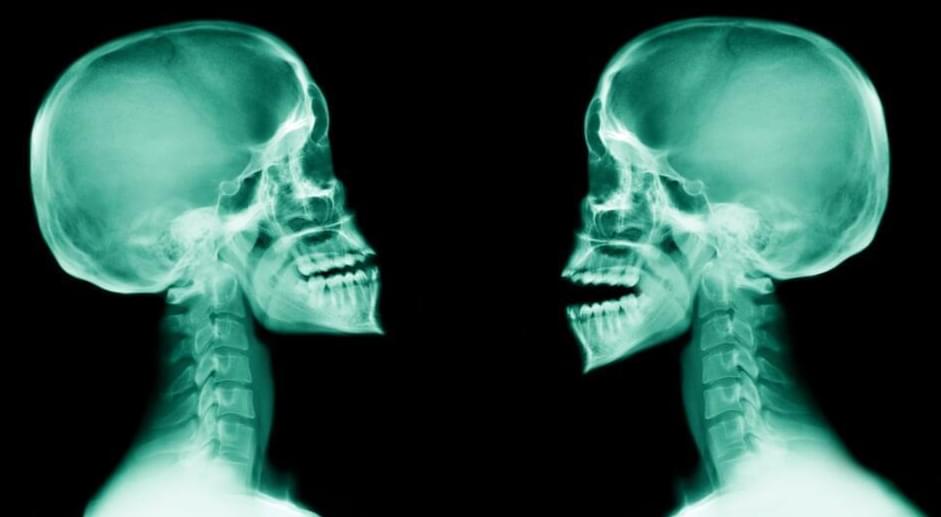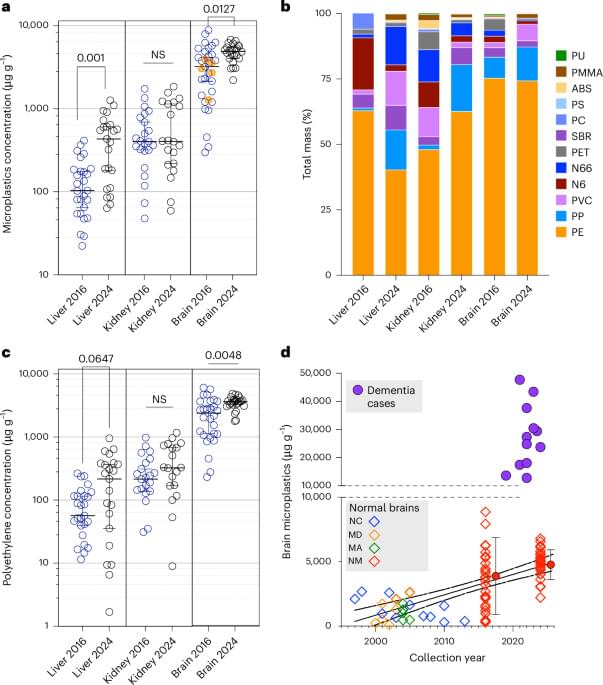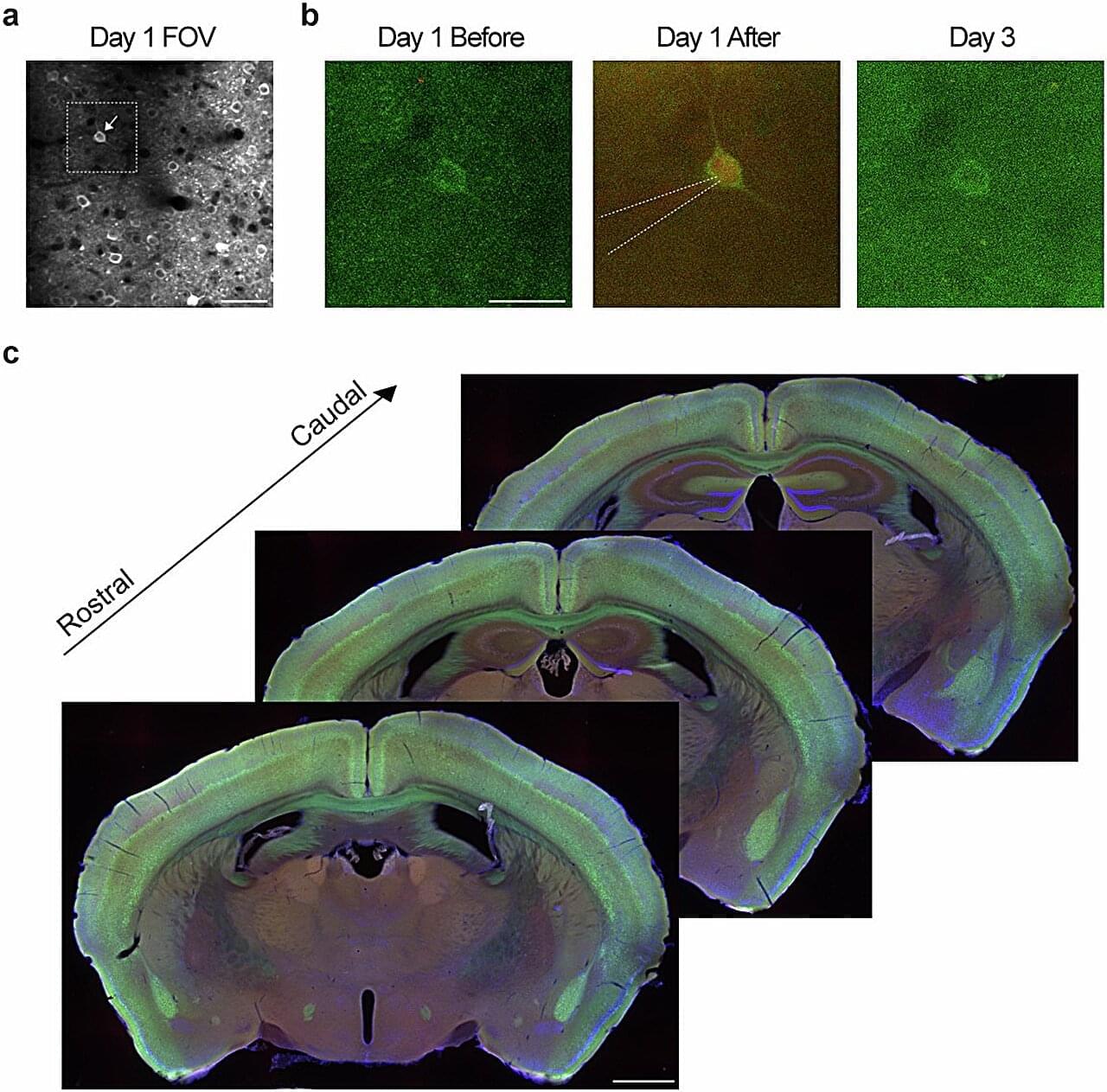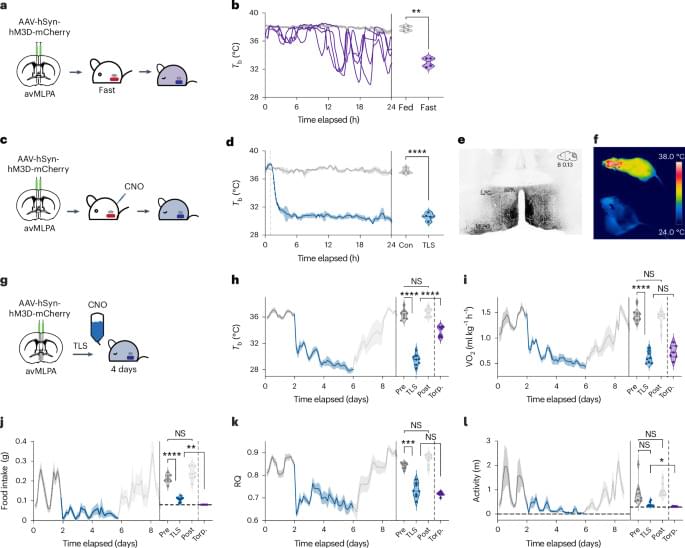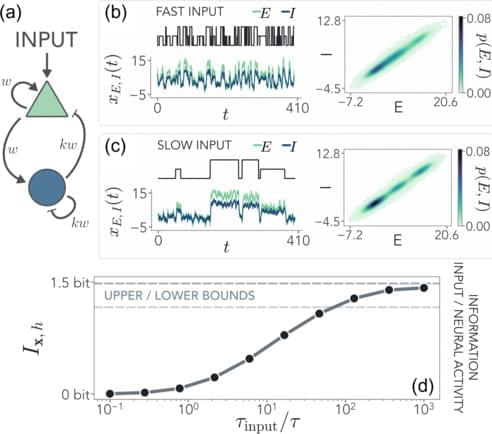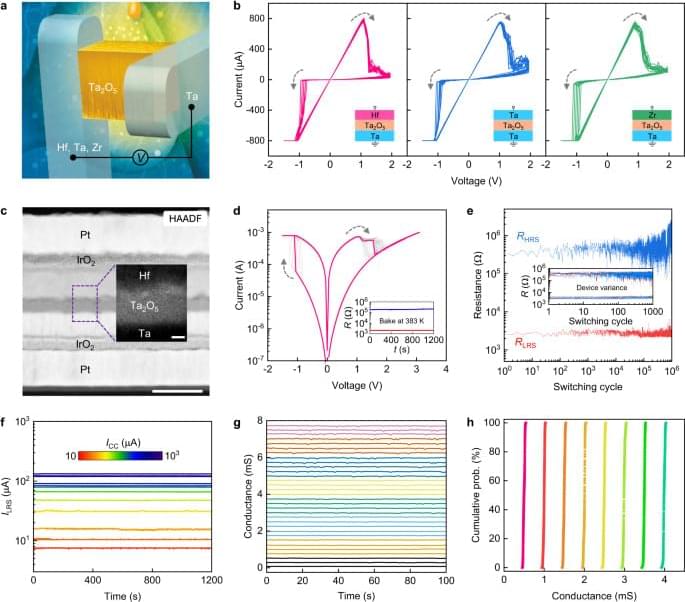Although it’s not the first time this was hypothesized, this study is the first time researchers looked at the presence of gingipains within the brains of diseased patients. Even more, the patients themselves were never even diagnosed with Alzheimer’s.
“Our identification of gingipain antigens in the brains of individuals with AD and also with AD pathology but no diagnosis of dementia argues that brain infection with P. gingivalis is not a result of poor dental care following the onset of dementia or a consequence of late-stage disease, but is an early event that can explain the pathology found in middle-aged individuals before cognitive decline,” the authors explained.
While this isn’t a one-size-fits-all answer to what causes Alzheimer’s, it’s a step in the right direction to finding the reasoning behind this life-altering disease.
